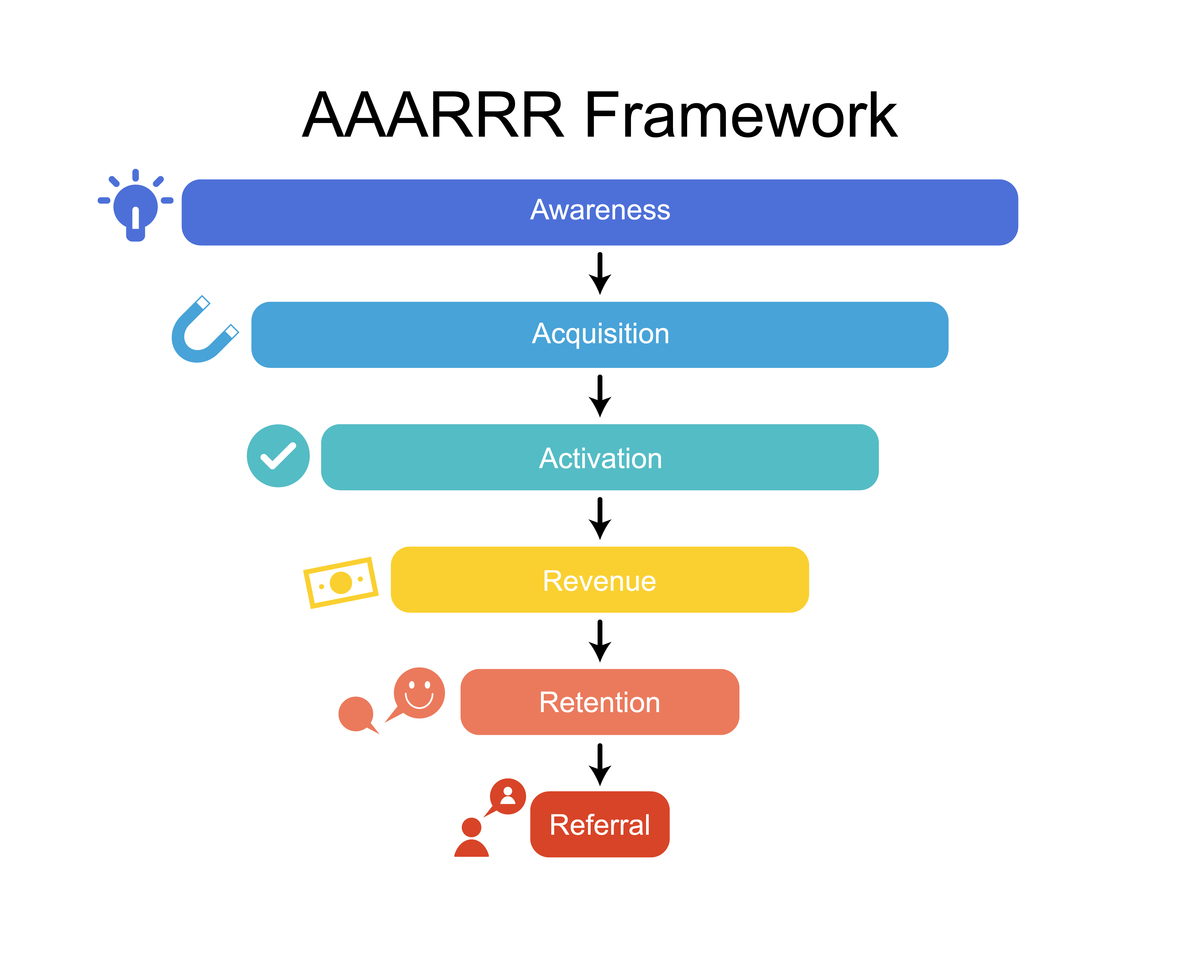permisiion classes auth functionbased view django
Permission classes in Django are used to restrict access to views based on certain criteria. These criteria can be based on user roles, group membership, or other custom logic.
Authentication is the process of verifying the identity of a user. Django provides built-in authentication functionality that can be used to authenticate users based on username and password, or using third-party authentication providers like Facebook or Google.
Function-based views in Django are views that are defined as regular Python functions. They are simpler to write and can be used for simpler use cases. They are defined using the @decorator syntax and take a request object as input.
To restrict access to function-based views in Django, permission classes can be used. These classes define the criteria for allowing or denying access to a view. They are defined using the permission_classes attribute in the view decorator.
For example, to restrict access to a view based on user authentication, the IsAuthenticated permission class can be used:
from rest_framework.permissions import IsAuthenticated
from rest_framework.decorators import api_view, permission_classes
@api_view(['GET'])
@permission_classes([IsAuthenticated])
def my_view(request):
# do something
This view can only be accessed by authenticated users. Other permission classes like IsAdminUser or custom permission classes can also be used to restrict access based on other criteria.

原文地址: https://www.cveoy.top/t/topic/bkc1 著作权归作者所有。请勿转载和采集!